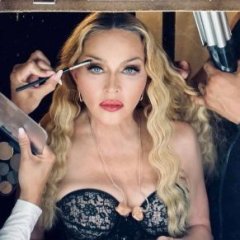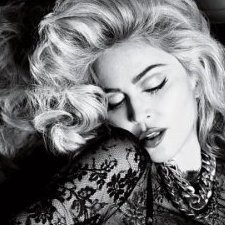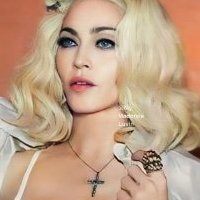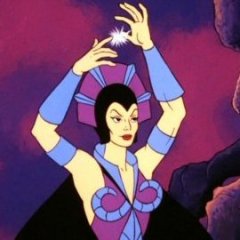Check out Rolling Stone—Musicians on Musicians issue!!
-
Recent Activity
-
- 39 replies
- 1,484 views
-
Madonna on Instagram / Facebook / Twitter + other Social Media 1 2 3 4 656
By groovyguy, in News ✖ Discussion
- 16,391 replies
- 1,494,139 views
-
- 49 replies
- 668 views
-
- 2,398 replies
- 75,206 views
-
- 71 replies
- 987 views
-
- 12,619 replies
- 1,384,956 views
-
- 79 replies
- 3,298 views
-
- 22 replies
- 480 views
-
-
Recently Browsing 0 members
No registered users viewing this page.








Recommended Posts
Join the conversation
You can post now and register later. If you have an account, sign in now to post with your account.